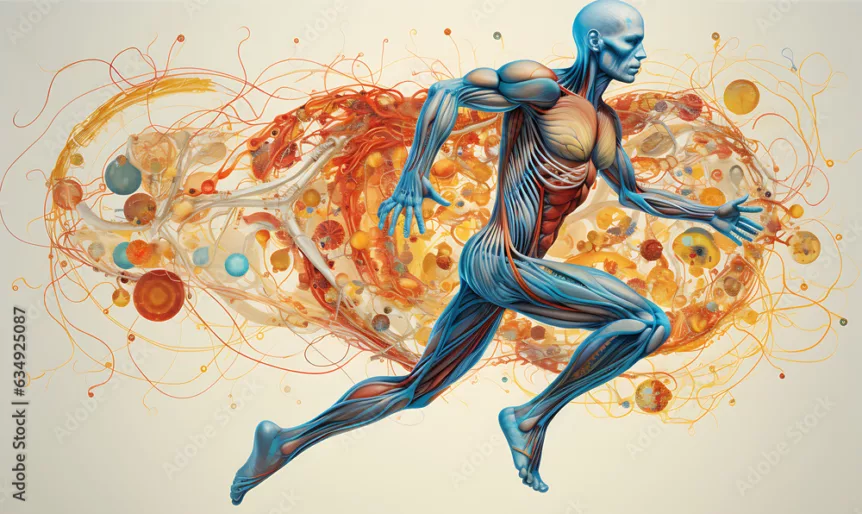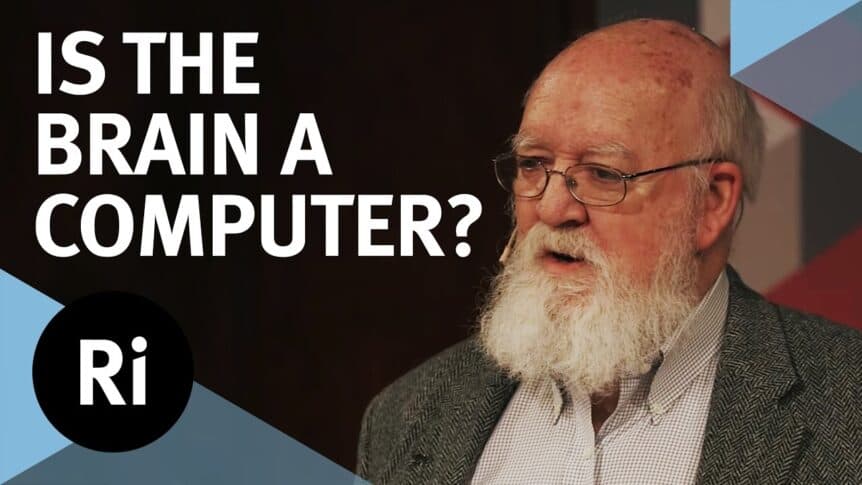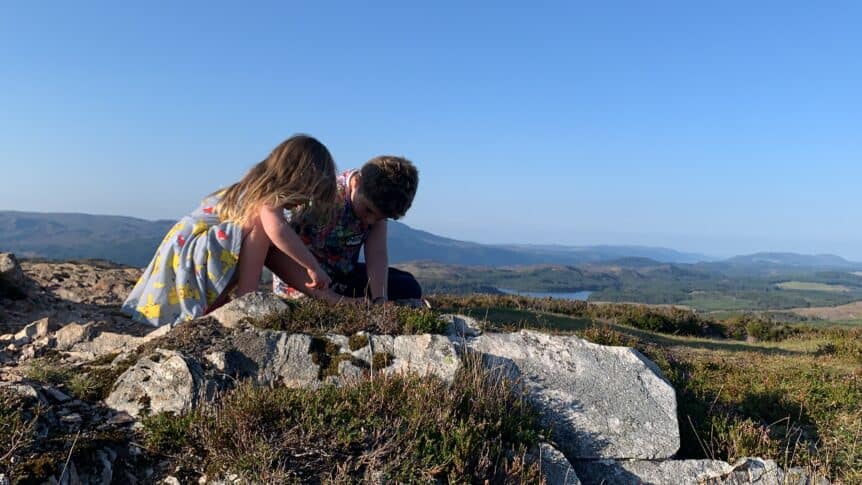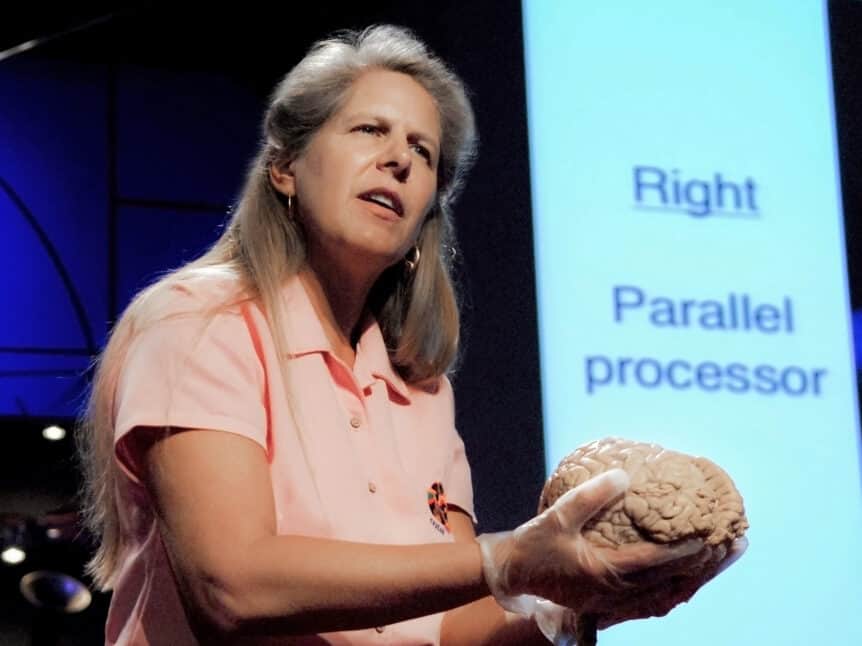The whole reason I got into software development was to improve the way in which biology is researched, understood and presented. I have always wanted better ways to explore the subject and understand how the whole complicated system works. This article is an attempt to plan, develop and deliver on that vision. It is not a complete or organised article …
If Brains are Computers, Who Designs the Software? – with Daniel Dennett A royal institution lecture
Oh my am I loving this lecture from the royal institute and Daniel Dennett. It is bringing to life so many of the thoughts and ideas I have had over the years of learning how humans work. How the brain works is just such a fascinating topic and Daniel has taken a unique and engaging approach to presenting his ideas. …
Understand yourself for better health
I’ve always wanted to understand how the body works. The more I understand my body the easier my life gets. That’s what I’ve found. I’ve always wanted to share this knowledge but I’ve found it really difficult because the tools to do so just aren’t there. For example I always like to show how a little activity each day helps …
Mobile DNA with Cedric Feschotte on TWIV
TWIV is short for This week in Virology and is a podcast I have been listening to for years. Hosted by Vincent Racaniello it covers any thing related to viruses and this episode with Cedric Feschotte specifically explore the latest research on horizontal gene transfer which Cedric is calling mobile DNA. Horizontal gene transfer is now considered a key part …
Gene Experiment
Here is another approach to exploring horizontal gene transfer If you have created some simple bacteria in a virtual world like Unity3d. They don’t have to be complex, just cells or even just spheres. Get them to move around a petri dish. They could have a nucleus and inside that they have genes as scripts. Each script has an effect like: glow in …
Build a Virtual Body: Bacteria communicate with their hosts
This article Communication between bacteria and their hosts is the kind of thing I look for to support my dream of a virtual body. It builds on the finding that Bacteria communicate with each other. My interpretation is essentially simple. I consider bacteria and viruses to be to the human body like plugins are to software. The body is an entire organism but …
How could you build a virtual human body?
My idea in a paragraph I want a virtual body to facilitate research, teaching and general understanding of how we all work. The more we understand how we work the better prepared we are to maintain our bodies given the daily challenges we all face. I want to see a human body exercising, zoom in to see the heart pumping, …
Updating cells through Horizontal Gene transfer: An idea for a game
My interest in biology runs so deep I enjoy coming up with my own theories. If you’ve read my blog you’ll find many. Of course what is most exciting is when I find that a theory I have developed from my own experience and logic turns out to be real. The process of horizontal gene transfer is just that and is becoming more …
Spore: Why it didn’t work
A dream of mine is to create a game or piece of software incorporating evolution and cellular development. So I was very excited to read Spore: My view of the Elephant written by someone who actually worked on the game Spore. It is a highly worthwhile read. Capturing both the complexity of the task and also the lessons learned that doomed …
David Attenborough. Rise of the animals and the rise of simulation
I have always loved simulations for their ability to put concepts into the context that makes most sense. I am developing such respect for David Attenborough as I see his ability to take this relatively niche medium and bring it to the mainstream. Using it with his usual attention to detail. The show fascinates me because it shows the progress …
Welcome
Hey everyone. Welcome to my new blog. It’s going to centre around my passion for understanding my body, the trillions of cells it contains, and using this knowledge to have more fun. That’s the dream. I’ve always got a ton of things on the go all around this area. Right now I’m building a cellyoursole app where you can explore …
Learning on demand (LOD)
Following on from a previous article on 21st century learning I feel we’re moving to an area where learning on demand will be as normal as Video on demand (VOD). I see the emergence of 24-7 tutorials and motuto as early attempts at this. I can’t vouch for the quality and economic viability yet but I do see that the learning market is biased towards young …
An idea for modelling nutrition
My background is in human performance. I studied biology, psychology, sociology and a lot of sports science and pe. So I’m fascinated with finding out what our bodies are capable of. It’s amazing how much is known and has been documented. What I see as lacking is a model that ties all this knowledge into virtual systems. I feel software …
Do our minds work like browser caches?
It occurred to me recently how to express my experience of how I learn and how our brains are capable of providing lightning fast access to so much of the info we hold in our heads. I think the process might be similar to the methods used in hardware and software mainly because I think they evolved for the same …
The new trend in wireless health sensors.
It’s 2009 and while searching for devices with wireless health sensors I’m starting to uncover that we’re really on the brink of these things going mainstream. I’m really getting excited about it. I’ve mentioned the Fitbit elsewhere as a consumer grade version. Everytime I search now I’m finding more and more developments and products reaching maturity. Under the term wireless body area networks (WBANS) reports that …
Learning and teaching is about humans first, technology second
I see a lot of discussions in an educational context about how best to design and develop systems to help people learn. My view is that any discussion on learning and teaching should, I feel, focus on the concepts of learning and teaching, students and teachers, learners and educators. These are human things, not technological. The emphasis should always be …
DNA: our Achilles heel
I just feel I’ve made a small break through in my understanding of health and disease and the role DNA plays in it. It’s probably something really obvious that was explained to me years ago but I feel like noting it all the same. It’s really inspired by all the info that I’ve heard over the years and I just …
DNA as software: DNA is binary just like the base language in computers
Ok, heres’s another thing that amazed me when I found it out. I probably learnt it years agon cos I just checked http://en.wikipedia.org/wiki/DNA and found it called complementary base pairing which rings a bell to me. Going back over it I see that it’s effectively a binary code. Just like the code that runs in computers. What’s the point then. Well it’s …
What’s a stroke like and what can it teach us
Thankfully I haven’t had a stroke but this amazing video from ted.com gives an insight from a neuroscientist on how she experienced a stroke. Thankfully she’s fine now but her insights taught me a lot. This article first appeared as What’s a stroke like and what can it teach us


















